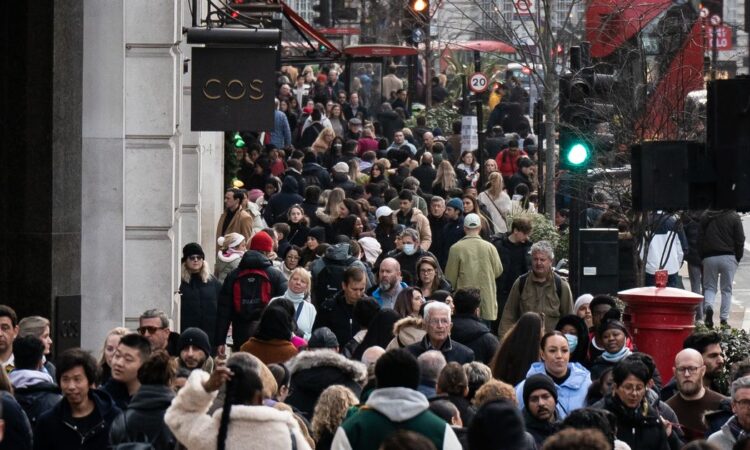
The latest dataset from the Office for National Statistics (ONS) shows pay growth has been slower in recent months, and there are ongoing signs the jobs market is weakening
Are you getting more money in your pocket, and what does it mean for all of us?
It looks like people in the UK are earning a bit more cash when we think about how prices are going up too. This is what the number crunchers at the Office for National Statistics (ONS) say.
But they’ve also noticed that wages aren’t growing as quickly as before, and it seems like there might not be as many jobs around soon. This has got the big brains wondering if the Bank of England might make it cheaper to borrow money this year. So, what’s happening with our wages?
Well, we’re getting paid more than before, but it’s not shooting up as fast. When we don’t count extra money from bonuses, pay went up by 6.6% between September and November. That’s less than the 7.2% increase we saw in the last three months.
It’s also the smallest rise since January last year, which means bosses might not be bumping up our pay as much. Why do our paychecks matter so much?
When we take home more money, it’s good for us, but it also changes how the Bank of England decides on interest rates, which helps control how much things cost. Rob Morgan, a top investment expert, says: “Wage growth is one of the most important considerations for the Bank of England when it comes to setting interest rates.”
One expert suggests that “today’s wage growth is tomorrow’s spending power”, which could raise worries that higher pay will stoke up shopper demand, and as a result, inflation.
Interest rates currently stand at 5.25%, the loftiest level since the early days of 2008. Pundits have been speculating if the recent slowdown in wage growth could be a reason for policymakers to consider lowering them.
James Smith, an economics buff working for ING, reckons it might open up possibilities for interest rate cuts. But folks managing such policies probably want more proof that inflation is under control before proceeding.
Meanwhile, Craig Erlam, senior market analyst for Oanda, explains that inflation has slowed down quicker than predicted and with wage growth also slowing down speedily. He said: “There is every chance we see much more over the coming months that enables the Bank of England to pivot towards cutting interest rates”.
He suggests that rate cuts could commence from May, provided there are no big surprises coming our way. Despite this, prices across the UK are still climbing, albeit at a slower pace compared to its soar at the end of 2022 – yet the average real wages (people’s earnings) are also on the rise, outpacing price increases.
A recent report showed that normal regular wages, not taking bonuses into account, rose by 1.4% on average between September and November considering the effect of Consumer Prices Index inflation. This marks the fifth consecutive month that real wages have increased, providing a much-needed boost to workers feeling the pinch from cost-of-living pressures.
The inflation figures for December, which will be released by the ONS on Wednesday, will reveal whether these cost pressures are continuing to ease.
* An AI tool was used to add an extra layer to the editing process for this story. You can report any errors to webhomepage@mirror.co.uk






